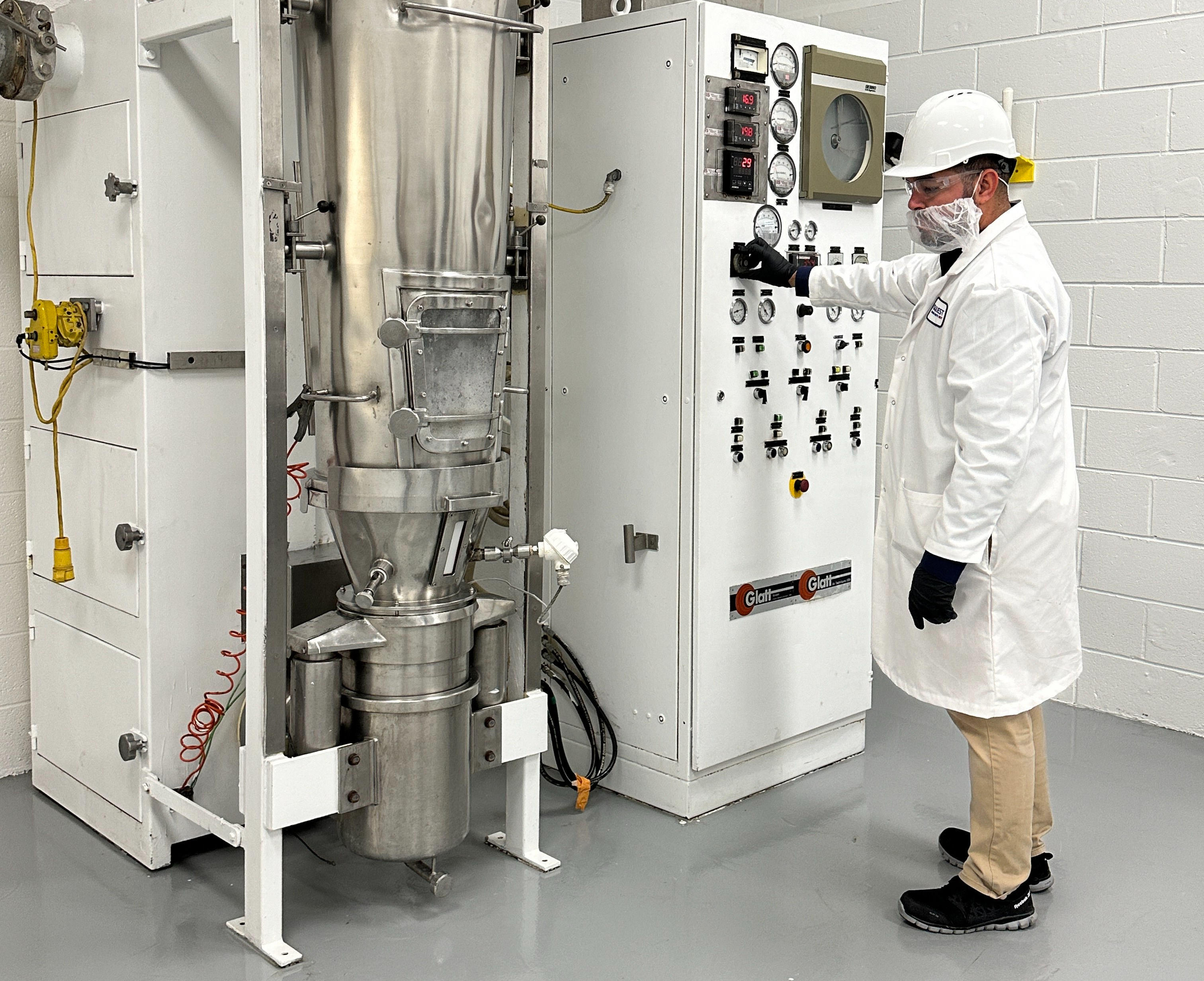Baltimore, MD—New research, led by Sheila K. West, Ph.D., suggests age-related macular degeneration (AMD) may be affected by regularly eating fish and seafood with omega-3 fatty acids. Researchers at the Wilmer Eye Institute, John Hopkins School of Medicine, collected fish and shellfish intake information over one year through a questionnaire for 2,391 participants. These participants aged 65 to 84 years and lived along Maryland’s Eastern Shore.
"Our study corroborates earlier findings that eating omega-3-rich fish and shellfish may protect against advanced AMD. While participants in all groups, including controls, averaged at least one serving of fish or shellfish per week, those who had advanced AMD were significantly less likely to consume high omega-3 fish and seafood," West said in a news release from the American Academy of Ophthalmology.
After researchers completed the dietary assessment, participants were evaluated for AMD through eye exams. About 450 had the disease, including 68 with advanced stage of AMD, which can lead to severe vision impairment or blindness. Although participants in all groups, including controls, consumed at least one serving of fish or shellfish per week, those who had advanced AMD were less likely to consume high omega-3 rich fish and seafood.
AMD is the major cause of blindness in whites in the United States. The eyes' retinas contain high concentrations of omega-3s and evidence reveals the nutrient may be critical to eye health. West and her colleagues based these data on a recent analysis of a one-year dietary survey conducted in the early 1990s.
Yet, Anand Swaroop, chief of the neurobiology, neuro-degeneration and repair laboratory at the U.S. National Eye Institute, cautiously analyzed the findings. Swaroop said the study’s data make sense and omega-3 consumption may be beneficial.
“However, I wouldn't want people to start taking grams of omega-3 to protect against AMD based on this finding because I'm not really sure that this study has sufficient power to draw any conclusions,” Swaroop said. "This is just a one-year analysis and AMD is a long-term disease. The correlation is important, and it should be explored further. But we need larger studies with longer term follow-up before being able to properly assess the impact."
Published in WholeFoods, February 2011 (online 12/20/10)










